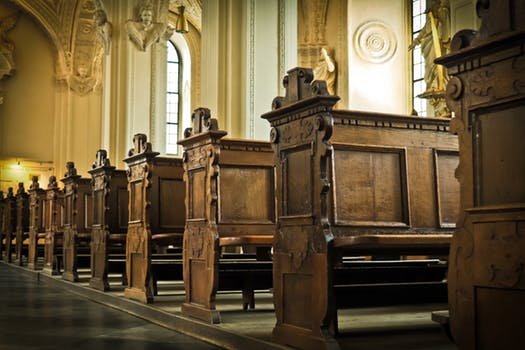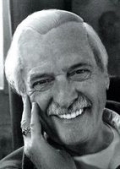 Did you know that there are about 59 one another statements in the New Testament that specifically deal with how we are to be in relationship with each other?
Did you know that there are about 59 one another statements in the New Testament that specifically deal with how we are to be in relationship with each other?
Some of the verses overlap so that there are more than one verse about the same instruction. 15 of the 59 verses specifically talk about how we are to love one another. That is the most talked about one another topic. The next two most referenced one another instructions are tied with 4 each. One of them is to encourage one another and the other is the instruction is to kiss one another.
In 2 Corinthians 13 we read: 11 Finally, brothers, rejoice. Aim for restoration, comfort one another, agree with one another, live in peace; and the God of love and peace will be with you. 12 Greet one another with a holy kiss. 13 All the saints greet you. 14 The grace of the Lord Jesus Christ and the love of God and the fellowship of the Holy Spirit be with you all. (2 Cor. 13:11-14 ESV)
In these verses Paul instructs the church to greet one another with a holy kiss. That instruction is mentioned four separate times in the New Testament making it one of the top three most talked about instructions among the one another passages. We find it mentioned in Romans 16, I Corinthians 16, and I Peter 5 as well as here.
Paul actually gives us several instructions in this passage about how we are to relate to one another. He is probably summing up what he has said in this letter with a few perfunctory statements about how they were to live.
He tells them to rejoice, to be restored, to comfort one another, to agree with one another and to live in peace. Overall there seems to be a common theme of unity that is to exemplify the way they treat one another.
And then he tells them to greet one another with a holy kiss. Apparently the early church used that method to greet one another. In the ancient world this was not uncommon and actually today in many societies it continues to be a tradition. However, in the early church it appears that the kiss was meant to signify the special union that they had with one another in Christ as part of one family. Notice it is a holy kiss. It was not meant in a sexual way at all. It is devoid of that kind of emotional desire or intent. It is a different kind of kiss that symbolizes the unity and intimacy that they have with one another in the Lord.
So is this something we should do? I am not suggesting that we should start this practice, but when I read this and picture the early church greeting one another the image I have is of a church that was excited and happy to see one another. I picture a church that was so invested in one another’s lives that they were like family. I picture a church that had gone deeper into an intimate relationship with one another than we would typically consider with the church in our society today. I picture a church that truly loved and cared for each other. I picture a church that had authentic, real relationships with one another.
So while I might not be that interested in beginning a tradition of kissing one another, I do like that intimate family like picture of the church. I like the depth of intimacy I see in this passage. And I would love to see that at The River. That is my challenge for us as a church family.










